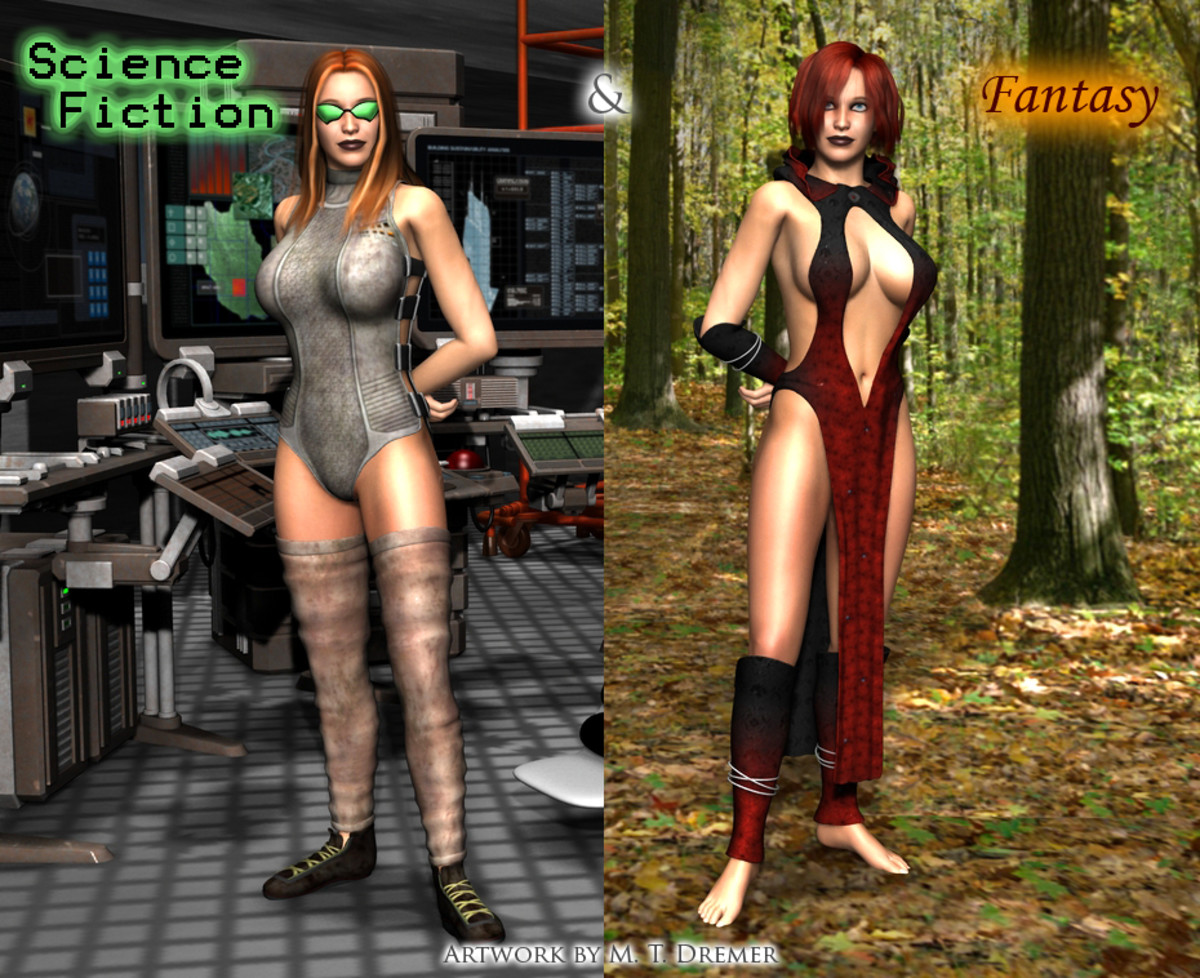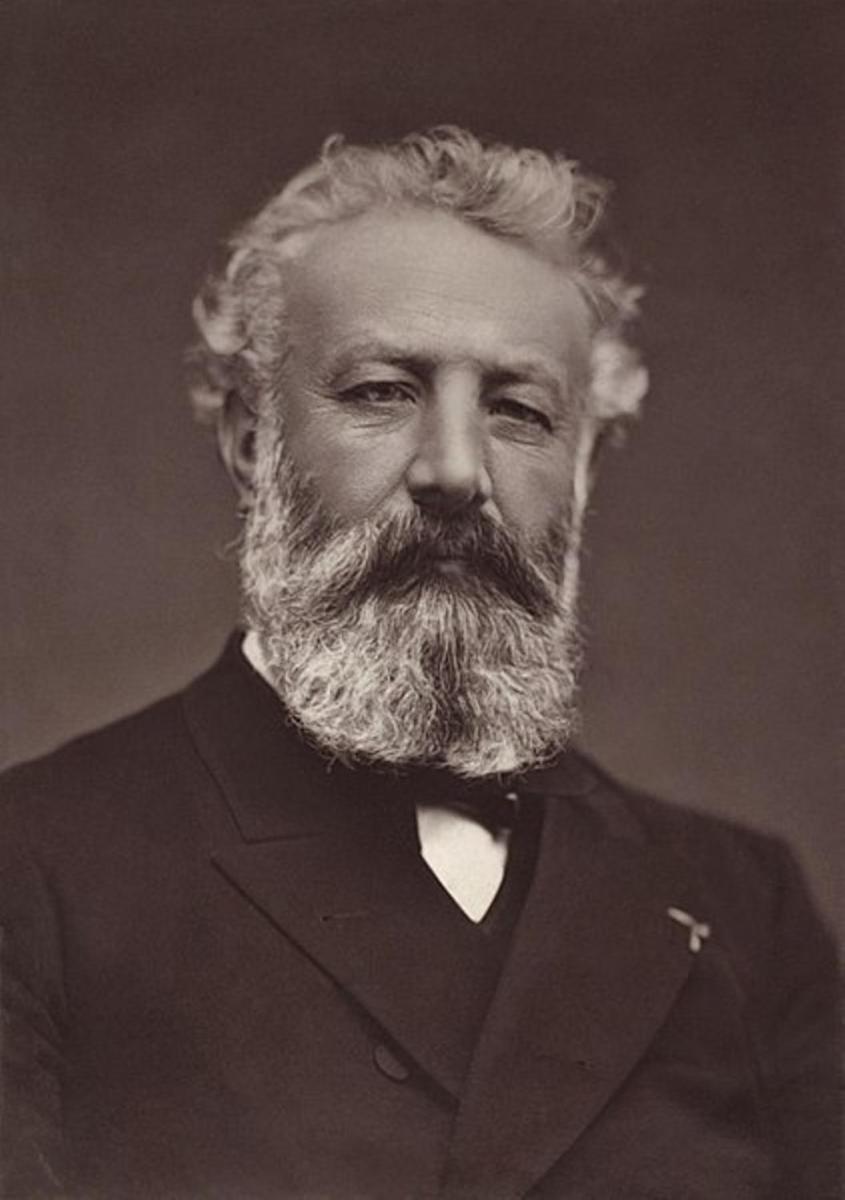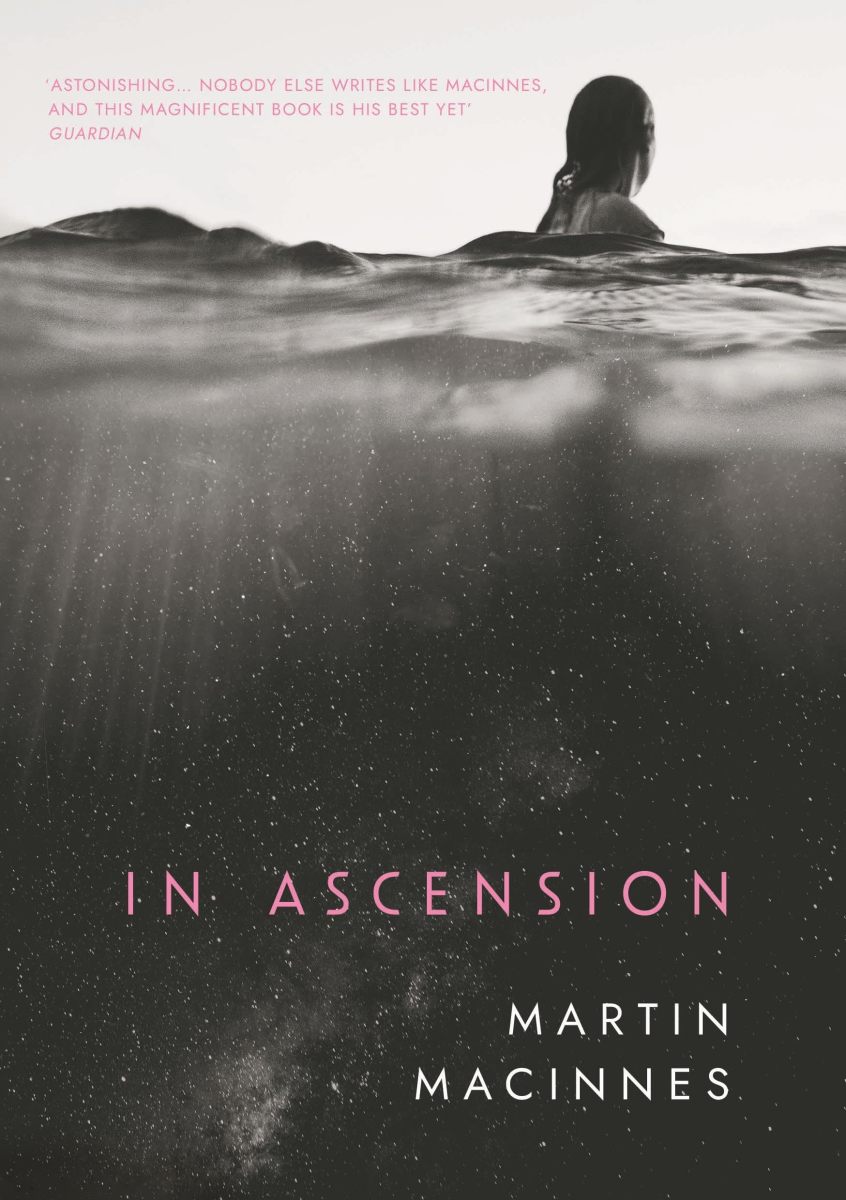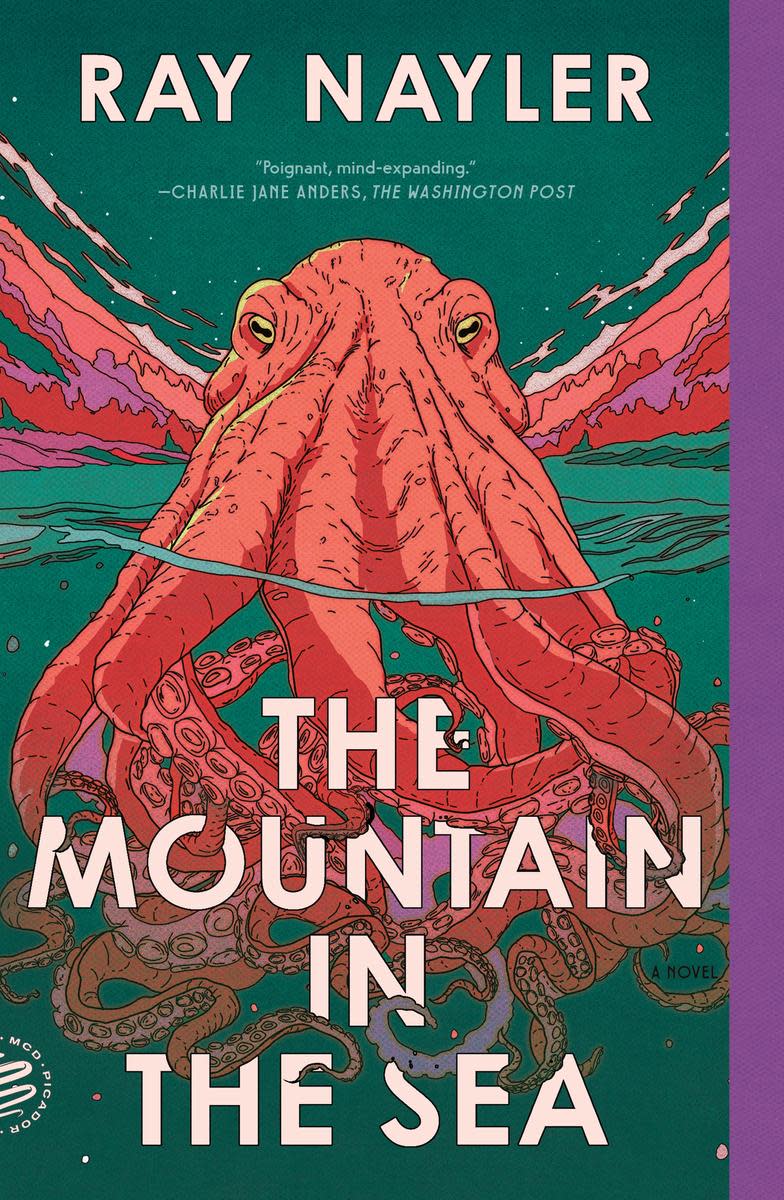Duel: Terror Stories by Richard Matheson: A Book Review
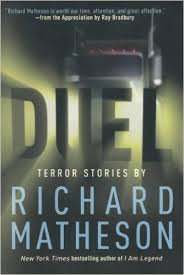
Preface
From time to time I like to make my position clear, with regard to book reviews. For those of you who have never read a book review by me, you should know that I do not propose to make qualitative judgments about plot construction and character development. The reason for this is the deference I feel compelled to show professionally published authors, since I am an amateur, Internet writer. Also, such qualitative matters are highly objective, subject to personal taste.
What I do with these reviews is to try to tell you what kind of book you will be in for, should you decide to buy it or check it out at your local public library. I try to talk about what the book is and is not and what it seems to me to be doing. My hope is that you may read my short analyses and use them to make up your own mind whether or not x book is your cup of tea, before you get it.
Let's begin
The book we're looking at, today, is called "Duel: Terror Stories By Richard Matheson." The edition I'm looking at is a paperback TOR (a Tom Doherty Associates Book), 383 pages of 18 short stories, published in 2003. That is to say, this collection was put together in 2003. As you will see, most of the stories had been written by Mr. Matheson, and published in other publications, in the early 1950s.
Before the book begins we come to a note of appreciation for Richard Matheson by the great Ray Bradbury. The relevant passage, for our purposes, is this one:
"Perhaps the most immediate thing one would note about Richard is that no one label fits him. Which is all to the good. Whether he is writing the weird, the horror, the science fiction of fantasy tale, all are more than each label implies. He is, in sum, a mainstream writer. Take my word for it and forget all the malarkey that the New York snob critics publish about all of us."
Having been introduced to Richard Matheson's work through this volume of stories, I'd have to say: Yes, I would go along with Mr. Bradbury's assessment.
1. Duel. First published in Playboy in April 1971. This was the story that was made into Steven Spielberg's first film, of the same name, starring Dennis Weaver. Its pretty self-explanatory.
2. Third From The Sun. First published in Galaxy magazine in October 1952. This is a story that I think was very well served when it was televised as an episode of Rod Serling's Twilight Zone. Putting it on screen made clear something that, perhaps, might not have come across very clearly in the text alone for many people.
This story is about "people" who seek to escape their planet, which is on the brink of total, global war. They want to make a new start on another planet: the one third from the sun, Earth. What the Twilight Zone episode makes clear is that these people come from a civilization that is the exact duplicate of our own. That is the irony, which might get overlooked in the text alone.
3. When The Waker Sleeps. First published as "The Waker Dreams" in Galaxy December 1950. This story takes the concept of "making work fun" to a whole new level.
4. Born Of Man And Woman. First published in Fantasy & Science Fiction magazine in the Summer of 1950. To tell you the truth, I'm still thinking about this one, trying to figure it out.
5. Return. First published in Thrilling Wonder Stories in October 1951. This story concerns time travel. This phrase "of one's time" takes on a new meaning here.
6. Brother To The Machine. First published in Worlds of If in November 1952. This is a story that challenges the reader to ask herself: "Who (or what) do you think you are?
7. "F--" First published as "Foodlegger" in Thrilling Wonder Stories in April 1952. Imagine a future time in which the oral intake of sustenance becomes anathema!
8. Lover When You're Near Me. First published in Galaxy in May 1952. Do you remember the Glenn Close/Michael Douglas film 'Fatal Attraction"? Well this story gives us a futuristic, interplanetary, telepathic twist on this theme of a woman's obsession with a man; and let me say that in this story the implications go beyond a single female and a single targeted male.
9. Shipshape Home. First published in Galaxy in July 1952. This is a trap within a trap story of alien abduction. You'll never believe the means the extraterrestrials use, but a clue is in the title of the story.
10. SRL AD. First published in Fantasy & Science Fiction in May 1956. This is a story about the use of classified ads looking for romance, on an intergalactic level.
11. Death Ship. First published in Fantastic Story Magazine in March 1953. This is yet another story that, in my opinion, benefitted greatly from being televised on Rod Serling's Twilight Zone. That is because the impact of we, the viewers, seeing what the characters see, is more dramatic than we, the readers, reading about what they see.
This story is about a group of space explorers who come face to face---in the most shockingly literal way---with their own mortality.
12. The Last Day. First published in Amazing in the April/May 1953 edition. This is the most literary story in the collection. It is simply about how a group of people face the literal end of the world.
13. Little Girl Lost. First published in Amazing in the October/November 1953 edition. This is another story that was televised as a Twilight Zone episode; and, again, I think the story was well served that way. The story was made more powerful when told visually.
This story concerns the problem of multiple dimensions. It seems a little girl falls into another dimension by crawling under the couch in the apartment where she lives with her parents.
14. Trespass. First published as "Mother by Protest" in Fantastic in the September/October 1953 edition. A woman is impregnated by aliens as a way of testing this as a method of invasion.
15. Being. First published in Worlds of If in August 1954. This is the story of a being from another planet and star system, who has crash landed on Earth many, many years ago. The meanness of his circumstances has forced him to revert to a primitive survival mode, which, unfortunately involves cannibalism of human beings. The creature enslaves one human being by threatening his destruction, unless the terrified man brings IT, the creature, other humans to eat.
16. The Test. First published in Fantasy & Science Fiction in November 1954. This story reminds me a lot of the Twilight Zone episode, "The Obsolete Man," set in the future where people are coldly judged worthy of either life or death, depending upon the degree of their practical (or lack thereof) usefulness to the state.
The Test is different, though, as it concerns a world in which, after a certain age, one has to affirmatively prove that he or she deserves to keep living. The person, after a certain age, must periodically show that he is not weak or helpless and would not pose an undue burden on the state or anyone else. The means for determining this is a battery of "tests."
17. One For The Books. First published in Galaxy in September 1955. A janitor suddenly finds that he can absorb knowledge like a sponge, with perfect recall. The question is: What is the meaning of this?
18. Steel. First published in Fantasy & Science Fiction in May 1956. This was another story televised for the Twilight Zone. In this story a time has come when using flesh and blood human beings for professional pugilism has been outlawed as too dangerous. In their place are human-looking robots who do the fighting in the ring.
There is a man, who used to be a boxer before the use of men was outlawed, who now spends his effort as the trainer/manager of a boxing robot called Battlin' Maxo. It seems that Maxo is an old, out-of-date boxing robot, a mere B2, when the latest is a B7, with a B9 rumored to be right around the corner.
Anyway, our hero is either old fashioned or cannot afford a more modern battle robot, so he hangs in there with Maxo. He always puts forward the idea that Maxo will be good as new with this or that repair, maintenance, set of new parts, and the like.
It comes to pass that the old boy manages to get Maxo a bout --- sort of by accident, since the promoter hadn't realized that the shiny new B7 would be fighting an old heap of a B2. With the purse Maxo's owner hope to get "him" some much needed repair and maintenance. But it turns out that Maxo is too old, worn out, and decrepit to even get into the ring. So an amazing thing happens: his trainer/manager, the former boxer in the time before men were outlawed, steps into the ring in Maxo's place, against the B7.
I believe Lee Marvin played that role in the Twilight Zone episode.
A Final Word
The first thing to say is that this collection of stories do not all fit together, easily, under a single category, as Ray Bradbury has suggested. A vague argument can be made that the vast majority of them are science fiction, at least two of the stories are nothing of the sort.
Duel is a psychological terror thriller about an average man, who finds himself involved in a combination demolition derby/drag race to the death against a nameless, faceless, voiceless big rig driver on a desert road.
The Test has nothing to do with science fiction or fantasy either. It is a drama, a horror of a world that has literally come to see the elderly as disposable.
The Last Day is a simple melodrama about how different people might act in the face of the coming end of the world.
As I said, the argument could be made that the other stories are classifiable as science fiction. But, so you know, none of them are what is called "hard" science fiction.
What is "hard" science fiction?
First, what is science fiction and fantasy?
Mind you, I do not mean to suggest that these definitions of mine are, in any way, the final word.
Science Fiction: This is literature that creates an imagined world, based on the imagined manipulation and augmentation of present-day science and technology.
Fantasy: This is literature that creates an imagined world, based on the imagined existence of and manipulation of magic.
My point in bringing this up is to say that in Mr. Matheson's collection of stories, here, the line between the two categories of science fiction and fantasy are not always clear.
Let's take the second story in the collection: Third From The Sun. You know, there is a thing I say about the science fiction of writers Philip K. Dick, Ray Bradbury, and from what I can tell so far, Richard Matheson's work seems to fit this mold as well: Their science fiction writing is not "hard" in the sense that the imagined scientific/technological apparatus constructed, does not remain a constant presence throughout the story (as almost an end in itself), as is the case with hard science fiction; rather the imagined scientific/technological apparatus they construct always seems to operate more as a springboard, launching the reader into a realm of philosophical/psychological (and to a lesser extent) political ideas.
Is that clear? I just mean that the science fiction writing of Dick, Bradbury, and from what I can tell, Matheson, seems to be more right-brain friendly; its not so dense and technical and, frankly, left-brain-oriented. But again, with the work of Dick, Bradbury, and Matheson, I just want you to remember that the imagined science and technology they create in their stories and novels functions as a kind of "delivery system," if you will.
Again, let's consider Richard Matheson's story, Third From The Sun. On one level you might call the story "science fiction." But here's the thing: The very loosely constructed, imagined technological apparatus is NOT the issue! The issue is the magic which that technological apparatus allows us to witness.
As I mentioned before, this story was very well served by its televising on The Twilight Zone. However, the "loosely constructed, imagined technological apparatus," of people like us who have the technology for interplanetary travel (the "science fiction" element) --- serves as the "delivery system," taking us the readers/viewers to the "magic" of the remarkable "fact" that two separate planets, in different star systems just happened to have developed the same kind of civilization, at the same time, which developed at the same rate.
That is the "magic" that we comprehend most clearly with the story's televised version. Anyhow, since this "magic" is the real issue, it might be more appropriate to think of the story as, strictly speaking, a work of fantasy as opposed to SF.
Does that make sense?
No?
Let's try another one.
Let's take the story "F---" (otherwise known as "Foodlegger," like bootlegger for alcohol). In one sense the story is science fiction in that a time explorer from the twentieth century goes far into the future.
But if you read the story, you will see that time travel isn't even of passing concern to the story. The time travel is, once again, merely a delivery system bringing us face to face with a crazy, remarkable, bewildering world in which taking nourishment by mouth has become anathema and an obscenity.
Our time traveler brings some food with him on his journey. The way the story moves forward, one of the characters from the future has occasion to discover the oral food and make something of a pornographic horror of himself.
We might call this story a kind of dark fantasy. By dark fantasy I do not mean to evoke the same sense of wonder that "regular" fantasy might feature. Instead, with dark fantasy, we're talking about a magic-fueled world suffused with dread. After, this collection of stories is subtitled: "Terror Stories" by Richard Matheson.
One last note
You know what the last story in this collection, Steel, reminds me of as I think about it? Do you remember the fable of John Henry the Steel Driving Man, who raced a locomotive in a digging contest, and won just before his heart exploded? If you're familiar with the latter, read Steel and tell me if you don't make the same connection.
Thank you for reading.

